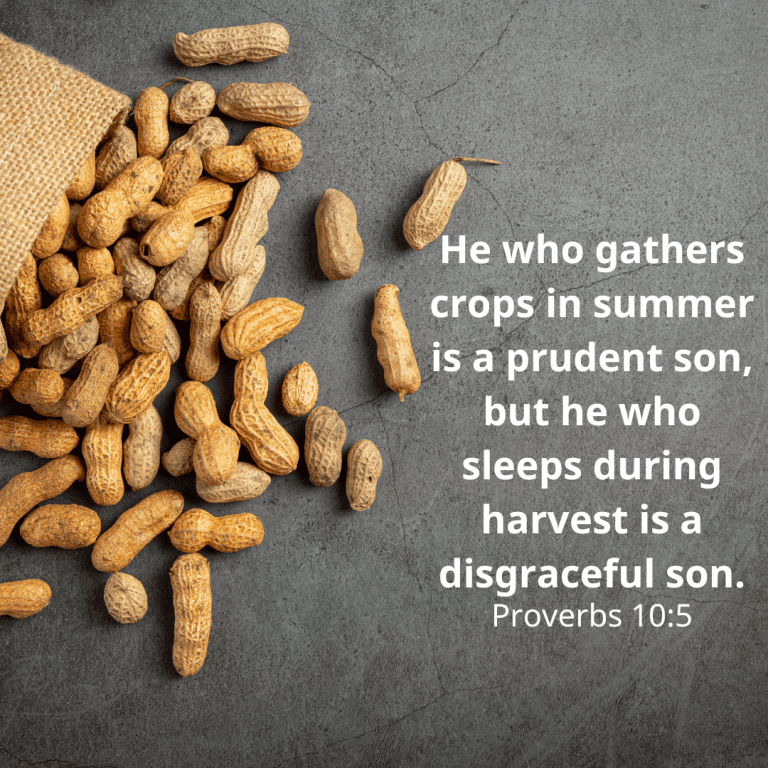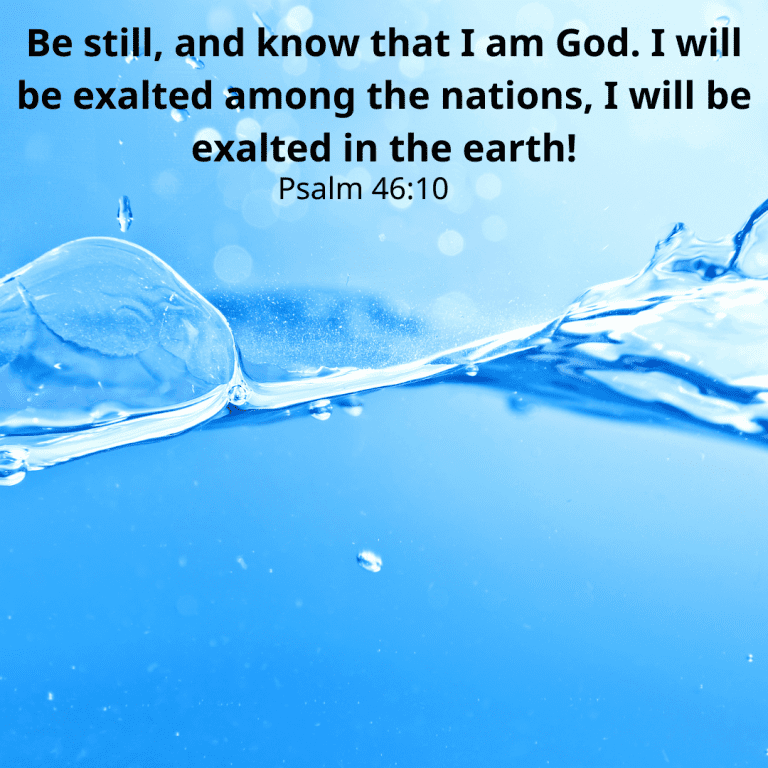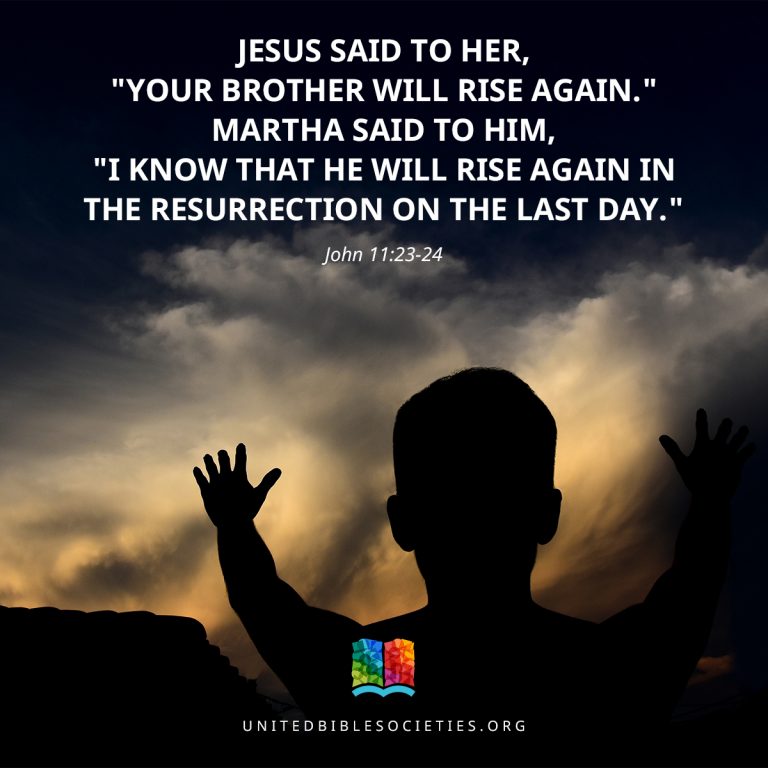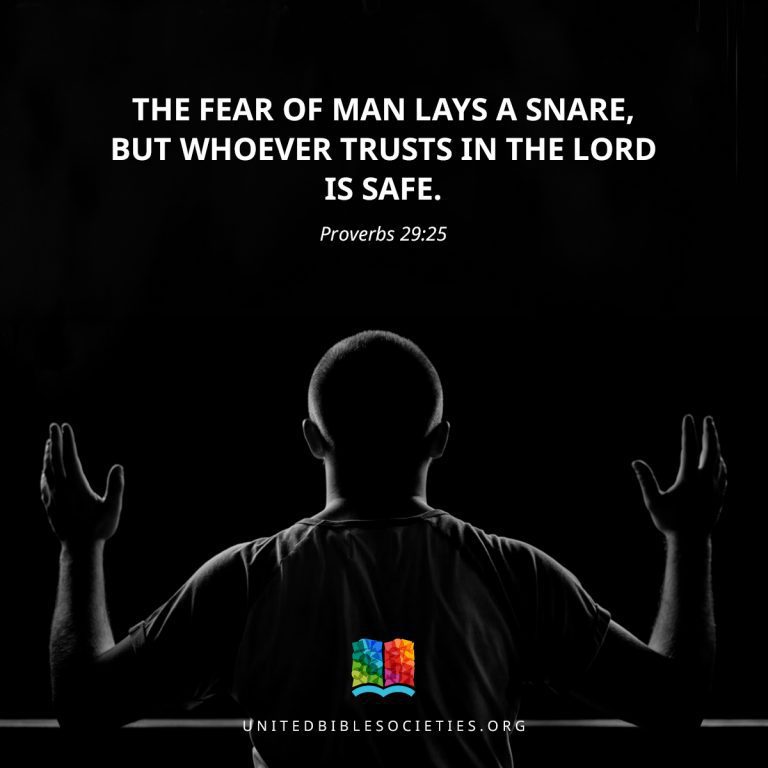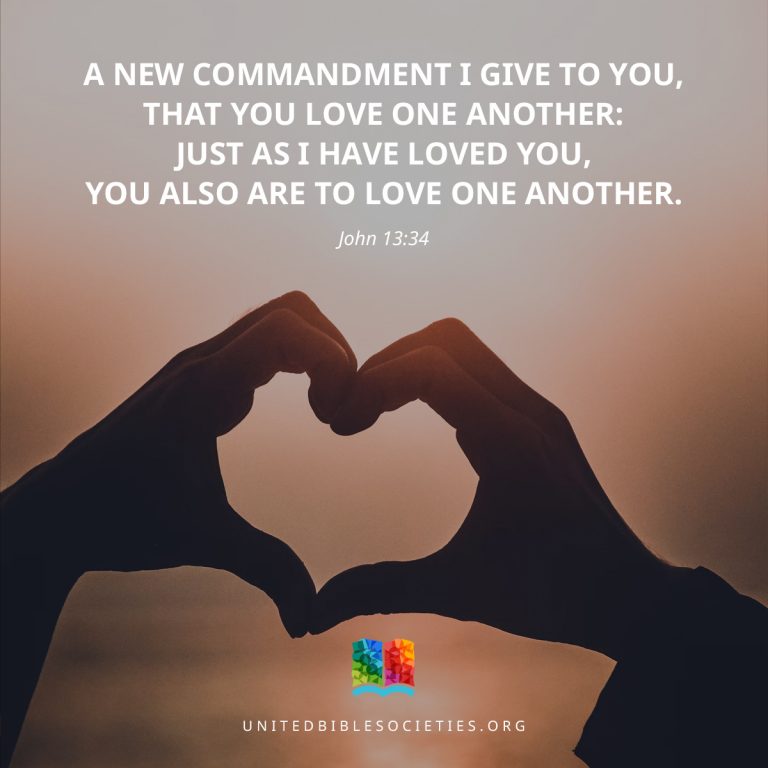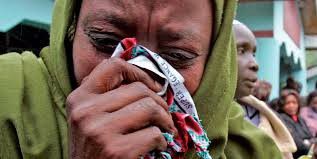aza 3
Yecu-ŋa nikudimuz gi
1 na kwor nani kwete kweḏi lifarzi kweni nikudimuz, kwir kwijowiṯ kwedi yahuuḏ. 2 kwunderṯa kwinḏi lamin lete kuluŋana nani gwu Yecu, nuŋw eca ŋwu: rabbi, nyiŋa lilŋiicaŋa, eṯi nyi ari, kwiri muallim kwuruḏi nani gwu Allah, kaka ituŋw gwu kwere mac kweḏi ŋuma eḏerri kwɔmne ŋgwu kwir ŋilim, kwir kaka kweṯerri ŋa, illa kweṯi Allah nanazi. 3 na Yecu eŋnici, nuŋw eca ŋwu: nyi kwecaŋa ma ŋwa rerem, kwiti kwere mac kweḏi ŋuma eḏeze ŋelenyi ŋeḏi Allah, illa ŋgwa kwumer ilŋiiḏa kwokwony eḏorɔ kwiaŋ. 4 na nikudimuz eca ŋwu: kwizi kwerelŋe aŋgwuru muŋw peŋe? kweḏi ŋuma eḏaɽiḏa lenyin kari-na kwokwony ŋwilŋiiḏa? 5 na Yecu enŋici, nuŋw eca ŋwu: nyi kwecaŋa ma ŋwa rerem: kwiti kwere mac kweḏi ŋuma eḏenḏi ki ŋeleny-na ŋeḏi Allah, illa kla leḏi ŋelŋe ŋir ŋeḏi ŋaw, na ŋir ŋeḏi Ṯigɽim tɔk. 6 ŋgwa kweṯi aŋna elŋe, eṯuŋw ta orɔ aŋna; ŋgwa kweṯi Ṯigɽim elŋe, eṯuŋw ta orɔ ṯigɽim. 7 eṯi ṯibi mac ma ŋa eca ŋwu: lazim a leḏi ŋelŋe ŋir ter eḏorɔ liaŋ. 8 kurun keṯari kezir weṯuŋw naŋni. a kweṯineŋne kwurna domony, lakin eṯere elŋece ezir winḏuŋw gwu mac, wilaḏuŋw gwu tɔk mac. ner ṯa orɔ ŋwu lere lere leṯi zi Ṯigɽim elŋe. 9 na nikudimuz eŋnici, nuŋw eca ŋwu: ŋiɽaŋal ŋu ŋeni ḏa ḏa manuŋ? 10 na Yecu eŋnici, nuŋw eca ŋwu: a kwiri kwijowiṯ kweḏi izrayiil, ta na ṯime ŋiɽaŋali ŋu a? 11 nyi kwecaŋa ma ŋwa rerem: ŋeṯinyjandazi ŋa ŋilŋiiḏinyji, na eṯi nyi ŋi unḏi ki ŋimenyjeze tɔk, lakin a lende lemnizi ṯunḏiza ṯeri ki. 12 ma ŋazi ta andaci ŋeḏi kwɔmne kweḏi ṯurmun, mezi ere emni mac, ta ezi ma emni aŋgwuru ma ŋezi andaci ŋeḏi kwɔmne kweḏi kilerena?
13 nuŋw ere kwere mac kwelliḏi kilerena, illa ŋgwa kwoɽi kilerena, kwunderṯa kwiri Tor teḏi kwizigwunaŋ, tiruḏi kilerena. 14 kaka alliza gwu muuza kumowa la kwuḏer-na, lazim er ta pa allazi Toru la teḏi kwizigwunaŋ kaka ṯaŋwu tɔk. 15 mindaŋ kwere nyiḏak kweḏi ṯəmna duŋgwun-na, ŋweḏi ŋimiiḏa-na ŋiaŋ duŋgwun-na ŋinḏi eḏi nanniḏa dɔk.
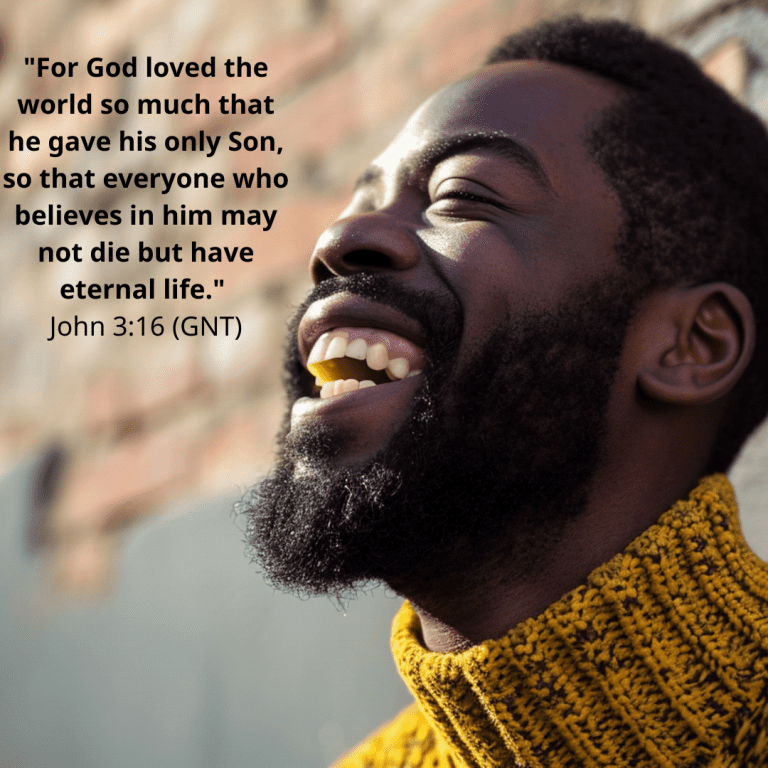
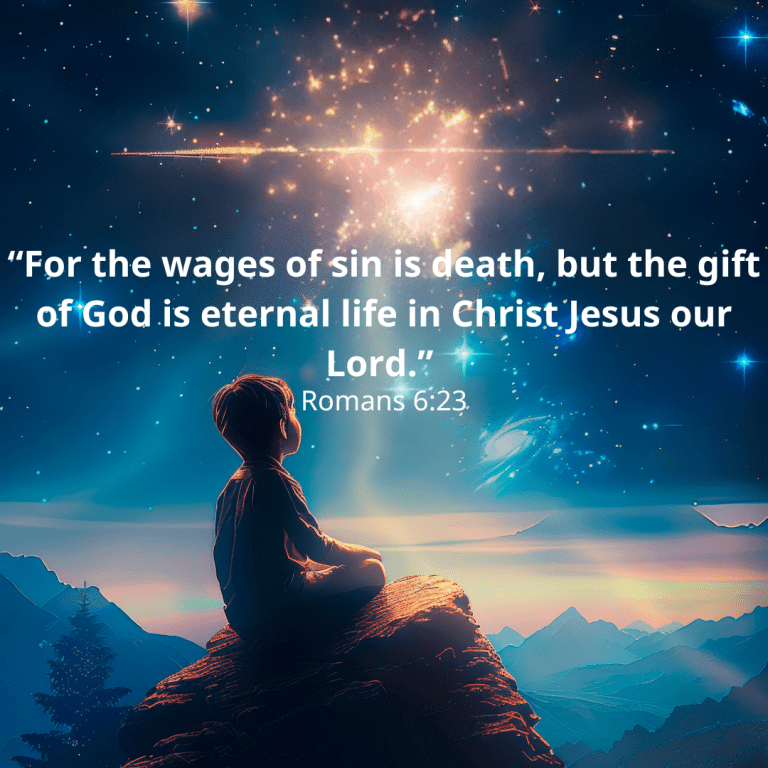
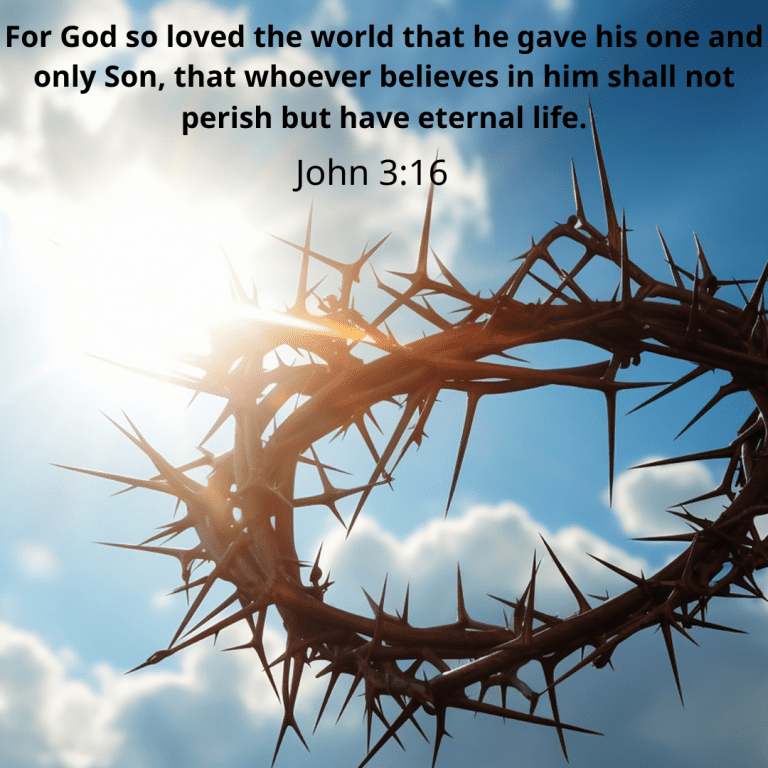
16 Allah weṯizamɽi leḏi ṯurmun kaka aḏa kwere; ŋwu ṯa, nuŋw zi ma inḏeḏa Tiɽneyin tutuput tukwazaŋw lu, mindaŋ kwere nyiḏak kweḏi ṯəmna duŋgwun-na, ŋwere kiraḏa lu mac, lakin ŋweḏi ŋimiiḏa-na ŋiaŋ, ŋinḏi eḏi nanniḏa dɔk. 17 nezi Allah ere uza tiɽŋeyin ki ṯurmun-na eḏi zi hakwumi leḏi ṯurmun mac; lakin eŋgir kileḏini ŋundu ŋgi. 18 ŋgwa kweṯalliḏa ŋunduŋwu tugwori nana, ŋwere afi hukma mac; ŋgwa kwiti kwemnizi ŋunduŋwu mac, kwunderṯa kwumɔ hakwumi rɔgwɽɔ ruŋwun, kaka muŋw gwu ere alliḏa Toru tutuput teḏi Allah tugwori nana mac. 19 ŋinderṯa ŋu ŋer zi ŋi hakwumi, ŋeni ŋwu, fori kwumila ki ṯurmun-na, lakin na lizi amindi kirimi beṯen eḏi fori la, kaka eṯir zi gwu erri ŋeni ŋiki. 20 kwere kweṯi zi erri ŋeni ŋiki, eṯuŋw uwezi fori, na eṯuŋw ere ila ki fori-na mac, mindaŋ eḏi fori ruwezi kwɔmne lu kweṯuŋw erri. 21 lakin ŋgwa kweṯizerri ŋeni ŋofḏana, eṯuŋw ila ki fori-na, mindaŋ mer elŋece rerec kwɔmne kweṯuŋw erri kwumerrini Allah yi.
ṯunḏiza ki ṯeḏi yuhanna ŋeni Yecu
22 kwaḏan ta, na Yecu-ŋa ila limeḏgen li kezir weḏi yahuḏiiyaŋw, ner li nani kinaŋw, ner gwu baptazi. 23 eṯi yuhanna baptazi tɔk aynuun, kwunaniza zaliimŋw keṯɔk, kaka nani gwu ŋaw kinaŋw ŋitezir; eṯi lizi ila, eṯir baptazini; 24 kaka iti kitar gwu yuhannaŋw kinna ki zijin mac.
25 ner ŋi uṯizelu lɔkwɔ lir limeḏgen leḏi yuhanna-ŋa, yahuuḏi yi yete ŋeḏi əḏi weḏi ṯuzuɽa nana. 26 ner ila nani gwu yuhanna ner eca ŋwu: rabbi, izaṯi, ŋgwa kwunani ŋa gi urdunŋw ṯoɽu ṯi la kerreny, kwunḏizaŋa ki, ŋgwana kweṯibaptazi, na klana tatap linḏi nanuŋw gwu. 27 nezi yuhanna eŋnici, nuŋw zi eca ŋwu: kwizi kwiti kweḏi ŋuma mac eḏafi kwɔmne kwere, illa mer inḏeḏa kweḏi kilerena. 28 ŋaŋa liri ṯunḏiza ṯinyi ki, ari nyi ṯaŋwu: nyiti kwiri Kwruztu mac, lakin limenyi uza eḏi iŋnaca ŋunduŋwu kereny. 29 kwagiḏi, kwunderṯa kweṯeḏi kwayu, na kwumeḏgen kwir lirri, kweṯi rilli, kweṯiniŋnaci ŋunduŋwu, eṯuŋw amina nyelnyel muŋw neŋne ṯɔgwɽɔ ṯeḏi ŋgwa kwagiḏu. taŋwu, na ṯinyiŋlana tinyi kḏu ṯimureni kworɔ dedep. 30 ŋofḏana eḏuŋw kikiɽeni ŋundu, nenyi ta, enyi ordudi.
31 ŋgwu kwoɽa kweḏi kindalaŋw, kweṯi zi ṯamḏu la ndendeṯ; ŋgwa kweḏi ṯurmun, eṯuŋw ṯa orɔ kweḏi ṯurmun, na eṯuŋw zi ṯa andindazi ŋeḏi ṯurmun. na ŋgwu kwoɽa kilerena, eṯuŋw zi tamḏu la ndendeṯ. 32 na eṯuŋw ŋi unḏi ki ŋeḏi kwɔmne kwumɔŋw eze, na kwumɔŋw neŋne tɔk; lakin nuŋw ere kwere mac kwemnizi ṯunḏiza ṯuŋwun ki. 33 kwere kwumemnizi tunḏiza ṯuŋwun ki, kwunderṯa kweṯelŋece rac eḏaruŋw: Allah wiri rerem. 34 ŋgwa kwumɔ Allah uza, kwunderṯa kweṯandindazi ŋiɽaŋali ŋeḏi Allah, kaka eti gwu Allah ere inḏeḏa Ṯigɽima tamɽatu kworɔ mac. 35 eti Papa amɽi Toru, nuŋw ma kete kwɔmne tatap ki tii-na ṯuŋwun. 36 ŋgwa kwumalliḏa Toru tugwori nana, kwunderṯa kweḏi ŋimiiḏa-na ŋinḏi eḏi nanniḏa dɔk; ŋgwa kwiti kweṯinyiza Toru nana mac, ŋwere inḏa ŋimiiḏa ŋa mac, lakin a ŋirŋaza ŋeḏi Allah dirnaṯi nana teter.
Jesus and Nicodemus
1 There was a Jewish leader named Nicodemus, who belonged to the party of the Pharisees. 2 One night he went to Jesus and said to him, “Rabbi, we know that you are a teacher sent by God. No one could perform the miracles you are doing unless God were with him.”
3 Jesus answered, “I am telling you the truth: no one can see the Kingdom of God without being born again.”
4 “How can a grown man be born again?” Nicodemus asked. “He certainly cannot enter his mother's womb and be born a second time!”
5 “I am telling you the truth,” replied Jesus, “that no one can enter the Kingdom of God without being born of water and the Spirit. 6 A person is born physically of human parents, but is born spiritually of the Spirit. 7 Do not be surprised because I tell you that you must all be born again. 8 The wind blows wherever it wishes; you hear the sound it makes, but you do not know where it comes from or where it is going. It is like that with everyone who is born of the Spirit.”
9 “How can this be?” asked Nicodemus.
10 Jesus answered, “You are a great teacher in Israel, and you don't know this? 11 I am telling you the truth: we speak of what we know and report what we have seen, yet none of you is willing to accept our message. 12 You do not believe me when I tell you about the things of this world; how will you ever believe me, then, when I tell you about the things of heaven? 13 And no one has ever gone up to heaven except the Son of Man, who came down from heaven.”
14 As Moses lifted up the bronze snake on a pole in the desert, in the same way the Son of Man must be lifted up, 15 so that everyone who believes in him may have eternal life. 16 For God loved the world so much that he gave his only Son, so that everyone who believes in him may not die but have eternal life. 17 For God did not send his Son into the world to be its judge, but to be its savior.
18 Those who believe in the Son are not judged; but those who do not believe have already been judged, because they have not believed in God's only Son. 19 This is how the judgment works: the light has come into the world, but people love the darkness rather than the light, because their deeds are evil. 20 Those who do evil things hate the light and will not come to the light, because they do not want their evil deeds to be shown up. 21 But those who do what is true come to the light in order that the light may show that what they did was in obedience to God.
Jesus and John
22 After this, Jesus and his disciples went to the province of Judea, where he spent some time with them and baptized. 23 John also was baptizing in Aenon, not far from Salim, because there was plenty of water in that place. People were going to him, and he was baptizing them. ( 24 This was before John had been put in prison.)
25 Some of John's disciples began arguing with a Jew about the matter of ritual washing. 26 So they went to John and told him, “Teacher, you remember the man who was with you on the east side of the Jordan, the one you spoke about? Well, he is baptizing now, and everyone is going to him!”
27 John answered, “No one can have anything unless God gives it. 28 You yourselves are my witnesses that I said, ‘I am not the Messiah, but I have been sent ahead of him.’ 29 The bridegroom is the one to whom the bride belongs; but the bridegroom's friend, who stands by and listens, is glad when he hears the bridegroom's voice. This is how my own happiness is made complete. 30 He must become more important while I become less important.”
He Who Comes from Heaven
31 He who comes from above is greater than all. He who is from the earth belongs to the earth and speaks about earthly matters, but he who comes from heaven is above all. 32 He tells what he has seen and heard, yet no one accepts his message. 33 But whoever accepts his message confirms by this that God is truthful. 34 The one whom God has sent speaks God's words, because God gives him the fullness of his Spirit. 35 The Father loves his Son and has put everything in his power. 36 Whoever believes in the Son has eternal life; whoever disobeys the Son will not have life, but will remain under God's punishment.

